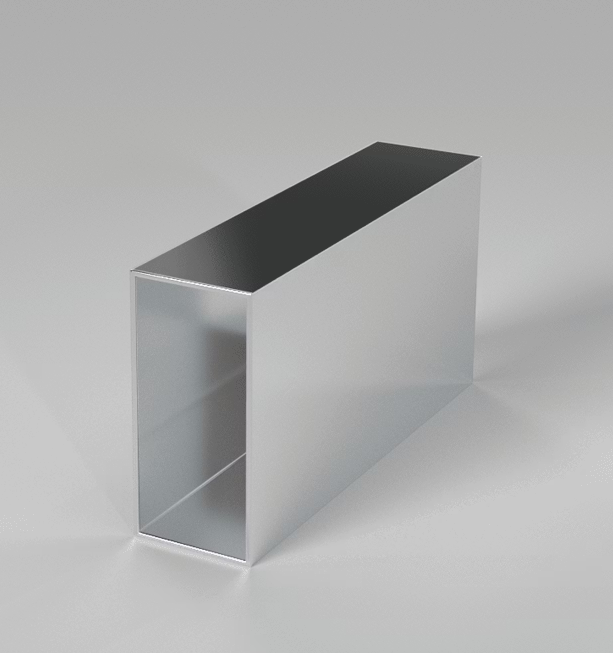Choosing the right lifting equipment is crucial for the success of any construction or industrial project. Different projects have varying requirements, and understanding these needs is the first step in selecting appropriate lifting machinery. Identify the weight of the materials to be lifted and the height required for safe placement. This information will guide your decision-making process significantly.
Assessing Site Conditions
Before renting a crane, evaluate the site conditions. The terrain plays a significant role in determining the type of crane suitable for your project. For instance, a rough or uneven surface may necessitate a rough terrain crane. Conversely, a flat surface might allow for the use of a truck-mounted crane. Understanding the environment ensures safety and efficiency during operations.
Load Capacity Considerations
Every crane has a specific load capacity. It’s essential to choose a crane that can handle the maximum weight you plan to lift. Exceeding the load capacity can lead to accidents and equipment failure. When considering a Crane for Rent, request detailed specifications and ensure they align with your project’s needs. This precaution can prevent costly mistakes and enhance safety on the job site.
Reach and Height Requirements
Different cranes offer various reach and height capabilities. Depending on the structure you are working on, you may need a crane that can extend its boom to considerable heights. For tall buildings or structures, a tower crane may be more suitable. However, for projects with limited vertical space, a smaller mobile crane could suffice. Carefully assess your height requirements to choose the right equipment.
Type of Crane
When renting a crane, it’s essential to consider the type that best fits your project. There are several types available, including all-terrain cranes, tower cranes, and crawler cranes. Each type has its advantages and specific applications. An all-terrain crane provides flexibility for various conditions, while a tower crane is ideal for high-rise construction. Understanding these distinctions can help you make an informed decision.
Duration of Rental
The length of time you will need the crane affects your rental choices. If your project is short-term, renting a crane makes more financial sense than purchasing one. Crane rental companies often provide flexible rental terms, allowing you to select a plan that fits your timeline. Whether it’s a few days or several months, understanding your project duration will guide your rental decision.
Safety Compliance
Safety is paramount when operating lifting equipment. Ensure that the crane rental company adheres to all safety regulations and standards. This includes regular maintenance of equipment and operator training. Inquire about the company’s safety record and whether they provide certified operators. Investing in a reputable crane rental service minimizes risks and enhances overall safety on the job site.
Additional Services
Some crane rental companies offer additional services that can be beneficial for your project. These may include delivery and pick-up of the crane, certified operators, and equipment maintenance. Assess whether these services are available and if they align with your project needs. Utilizing additional services can streamline operations and enhance efficiency.
Final Thoughts
Choosing the right lifting equipment requires careful consideration of multiple factors. From understanding project requirements to assessing site conditions, each aspect influences your decision. A crane for rent can provide the flexibility and capability needed for your project. Always prioritize safety and compliance to ensure a successful lifting operation. By taking these considerations into account, you can make an informed decision that meets your project’s demands effectively.












